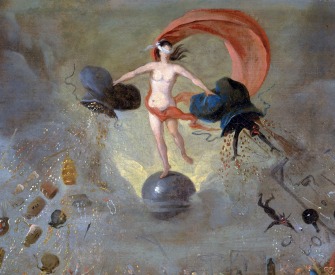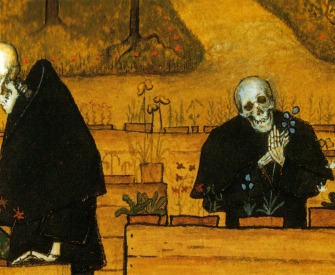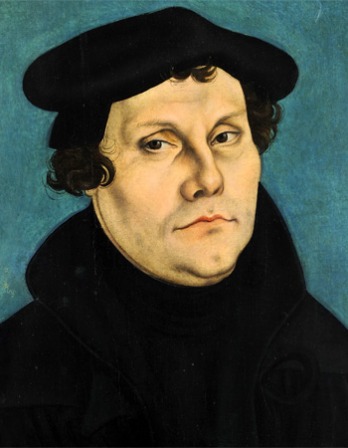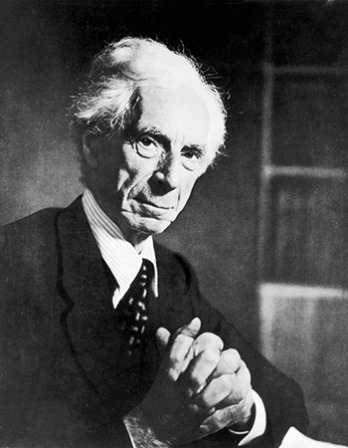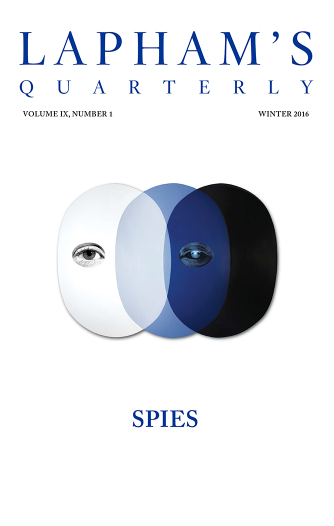God is eternal; in this judgment all rational beings agree. Let us then consider what eternity is.
For this word carries with it a revelation alike of the divine nature and of the divine knowledge. Now, eternity is the possession of endless life, whole and perfect at a single moment.
What this is becomes more clear and manifest from a comparison with things temporal. For whatever lives in time is a present proceeding from the past to the future, and there is nothing set in time which can embrace the whole space of its life together. Tomorrow’s state it grasps not yet, while it has already lost yesterday’s; nay, even in the life of today you live no longer than one brief transitory moment.
Whatever, therefore, is subject to the condition of time, although, as Aristotle deemed of the world, it never has either beginning or end, and its life is stretched to the whole extent of time’s infinity, it yet is not such as rightly to be thought eternal. For it does not include and embrace the whole space of infinite life at once, but has no present hold on things to come, not yet accomplished. Accordingly, that which includes and possesses the whole fullness of unending life at once, from which nothing future is absent, from which nothing past has escaped, this is rightly called eternal; this must of necessity be ever present to itself in full self-possession, and hold the infinity of movable time in an abiding present. It is one thing for existence to be endlessly prolonged, which was what Plato ascribed to the world, another for the whole of an endless life to be embraced in the present, which is manifestly a property peculiar to the divine mind. Nor need God appear earlier in mere duration of time to created things, but only prior in the unique simplicity of His nature. For the infinite progression of things in time copies this immediate existence in the present of the changeless life, and when it cannot succeed in equaling it, declines from movelessness into motion, and falls away from the simplicity of a perpetual present to the infinite duration of the future and the past; and since it cannot possess the whole fullness of its life together, for the very reason that in a manner it never ceases to be, it seems, up to a certain point, to rival that which it cannot complete and express by attaching itself indifferently to any present moment of time, however swift and brief; and since this bears some resemblance to that ever-abiding present, it bestows on everything to which it is assigned the semblance of existence. But since it cannot abide, it hurries along the infinite path of time, and the result has been that it continues by ceaseless movement the life the completeness of which it could not embrace while it stood still. So, if we are minded to give things their right names, we shall follow Plato in saying that God indeed is eternal, but the world everlasting.
Since, then, every mode of judgment comprehends its objects conformably to its own nature, and since God abides for ever in an eternal present, His knowledge, also transcending all movement of time, dwells in the simplicity of its own changeless present and, embracing the whole infinite sweep of the past and of the future, contemplates all that falls within its simple cognition as if it were now taking place.
From The Consolation of Philosophy. Appointed head of all the government and court services in 520 by the Ostrogothic king Theodoric, Boethius was accused of treason and incarcerated two years later. While awaiting execution, he wrote The Consolation of Philosophy, a personal and philosophical meditation, which Edward Gibbon called, “not unworthy of the leisure of Plato.” The work later served as an important source of Greek thought in the Middle Ages, and it was translated into English by King Alfred, Geoffrey Chaucer, and Queen Elizabeth I.
Back to Issue

